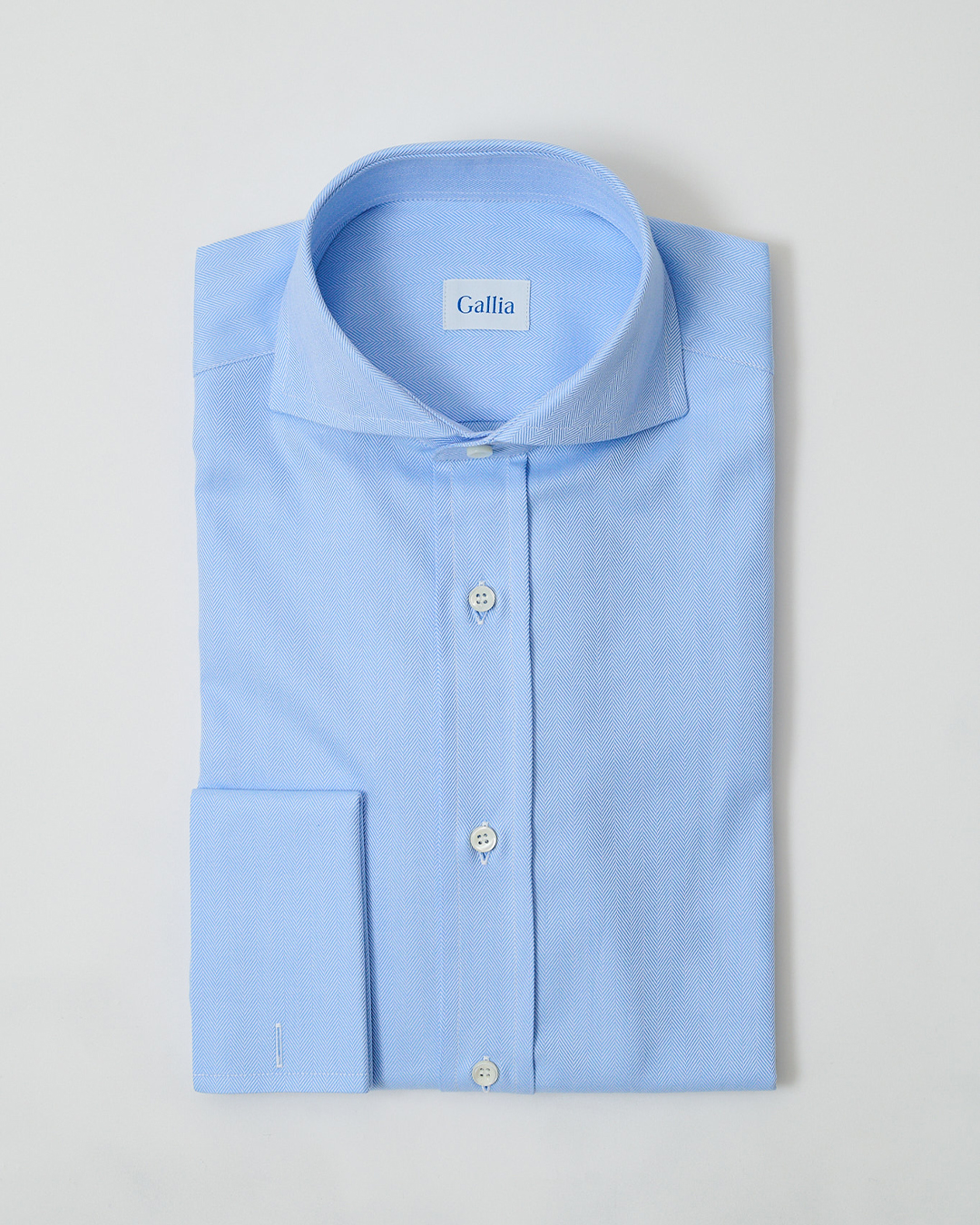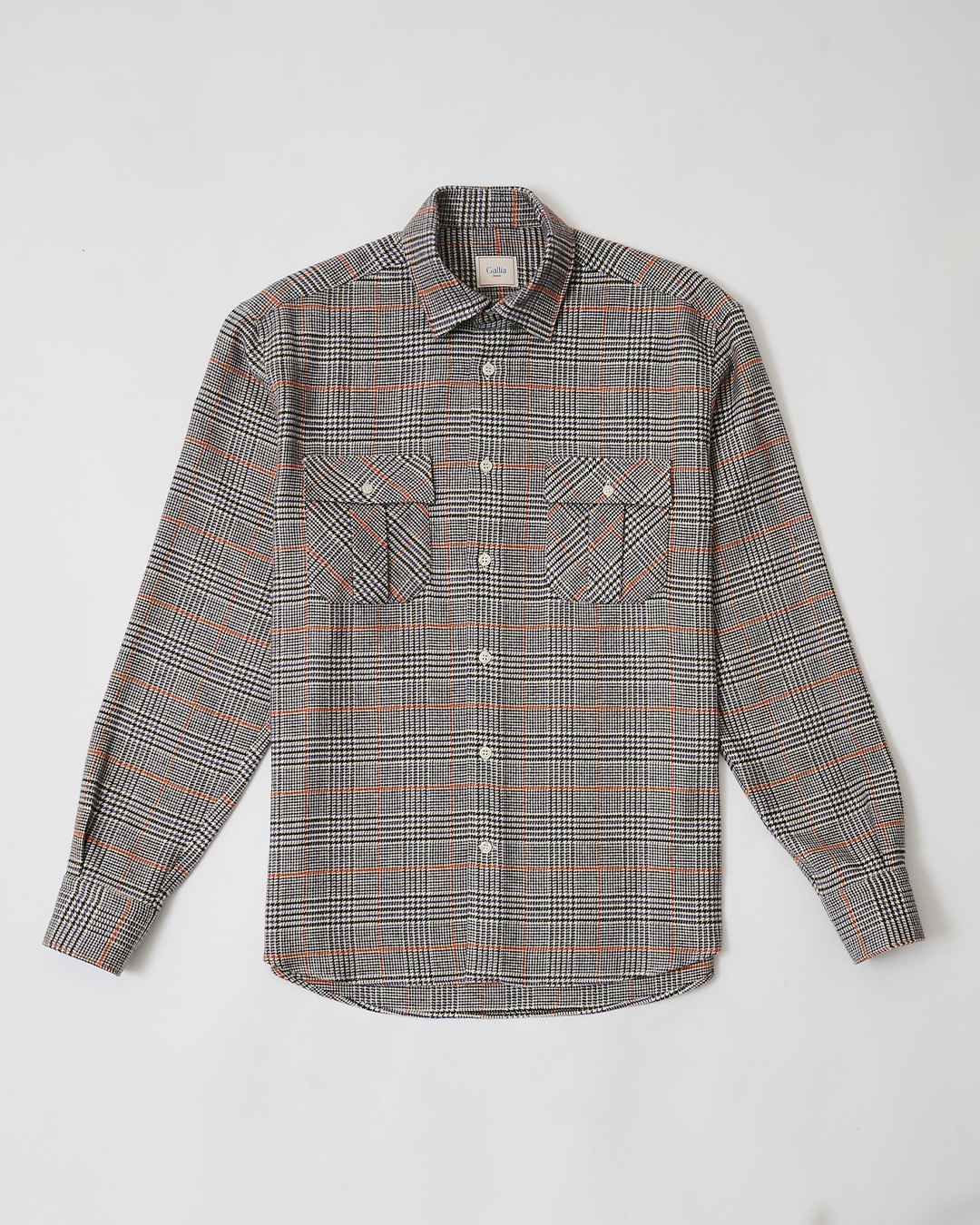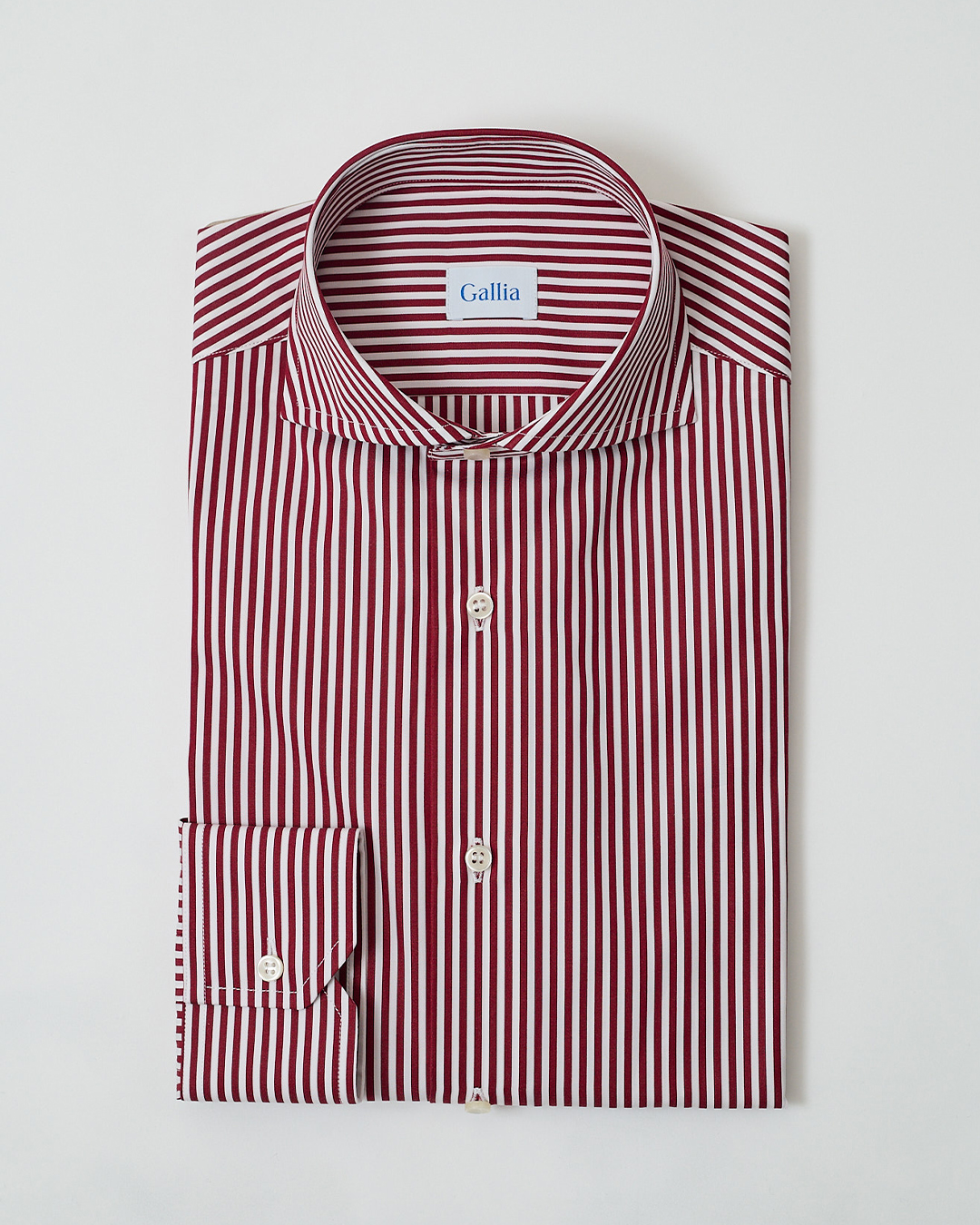


Third-party tailoring workshop: how to choose the ideal partner
Entrusting the production of your brand to a third-party tailoring workshop means much more than outsourcing a service.
It’s a strategic decision — one that impacts the quality, the identity of the product, and the future of the company.
Whether it’s shirt collections, custom-made garments or more scalable, industrial production, selecting the right partner makes the difference between a coherent collection and an unfinished project.
But what does it really mean to choose a third-party tailoring workshop? And how do you navigate suppliers, processes and promises?
Thanks to our experience in the sector, we can outline some key characteristics and important aspects to consider.
What is a third-party tailoring workshop
Let’s start with clarity: a third-party tailoring workshop is a production facility specialized in manufacturing garments for external brands. It does not operate under its own label.
But it is not just a supplier, it’s a strategic production partner, capable of turning stylistic ideas into real garments, crafted with care and aligned with the brand’s identity.
Let’s put it this way: it’s the support that transforms a designer’s creativity into concrete results.
That’s exactly what we do at our production facility: we assist clients from pattern making to prototyping, from quality control to logistics.
Each garment is born through a creative and technical exchange, ensuring not only feasibility but also style, production efficiency and durability.
Why luxury brands choose external partners
Let’s debunk a myth: even high-end brands rely on third-party tailoring workshops. In fact, these brands are often the first to adopt this approach. Not for lack of skills, but as a strategic choice.
Outsourcing production offers several advantages.
Focusing on creativity and positioning
Every maison must protect and evolve its identity.
Relying on a third-party tailoring workshop allows the executive side to be managed by skilled hands, so internal teams can focus on creative development, style definition and brand positioning.
This way, the brand remains true to itself — from concept to sales.
Managing costs without compromising quality
Working with a specialized workshop allows for optimized cost-quality balance.
A structured partner already has tested processes, selected suppliers, and trained teams. This enables high-end tailoring production, with rational and controlled investments.
It’s the smart way to ensure sartorial quality without the overhead of managing internal facilities.
Greater flexibility in volumes
Today’s fashion market demands speed, agility, seasonal capsules and small-batch production.
A third-party tailoring workshop like Confezioni Gallia adapts to these needs: from sample runs and restocks to larger orders.
This operational flexibility is a competitive asset — especially for brands that want to test new ideas or evolve collections.
Relying on vertical expertise
A high-level tailoring workshop is not just a factory.
It’s a hub of expertise, where pattern makers, prototypists and tailors work with precision — equipped with the latest technologies, but guided by deep sartorial knowledge.
Accessing this vertical skill set allows brands to develop structured, technically flawless garments, in line with high-end standards.
This is why more and more luxury brands are choosing partners with sartorial know-how and industrial scalability.
Learn how we work in our sartorial production.
How to choose a third-party tailoring workshop
Choosing the wrong partner can compromise timelines, product quality and brand image.
Here are 5 essential factors to evaluate:
1. In-house production
Make sure the workshop internally manages pattern making, cutting, sewing and quality control.
Avoid partners who rely too heavily on third parties: the production chain must be visible and under control.
2. Specialization and references
There’s a difference between generic manufacturers and a tailoring workshop focused on shirts, formalwear or women’s tailoring.
Check their client list and ask to see samples of their work.
3. Flexibility
The right partner must scale from small batches to complex productions.
Our facility allows both, always with a sartorial approach.
4. Communication and transparency
A reliable workshop responds promptly, explains each step, offers solutions, and avoids unrealistic promises.
Clarity is a production value.
5. Shared values
Ensure the workshop’s values reflect your brand’s: sustainability, team wellbeing, reliability and guaranteed quality.



Made in Italy
A Made in Italy tailoring workshop offers much more than a label. It means:
- Skilled craftsmanship passed down through generations
- Direct control of the supply chain
- Full material traceability
- Compliance with EU regulations
- Direct communication with the production team
At Confezioni Gallia, every piece is made in Italy, in our facility in Veneto.
We believe true product value starts with the people who make it.
Read more in our article: Why luxury brands choose Made in Italy.
International production
Working with foreign suppliers might seem cost-effective at first glance, but it comes with critical downsides:
- More complex communication
- Longer delivery times
- Limited quality oversight
- Unreliable ethical certifications
- Higher risks of inconsistency
That’s why many maisons are returning to Italian production.
Because in the long term, true competitiveness lies in quality and reliability.
What to avoid when choosing a tailoring partner
1. Unrealistic promises
Be wary of those who promise fast lead times or very low prices — they often lack the operational foundation to deliver.
2. Fragmented or partial production
Avoid suppliers who split production across multiple stages or locations. This often leads to delays and inconsistencies.
3. Lack of clear references
A serious tailoring workshop will show its work — discreetly, but with pride. Always ask for concrete examples.
4. Material inconsistency
Ensure certified materials are used, with clear origin and reliable suppliers.
5. Lack of listening
A good partner listens. If they offer solutions before understanding your needs, personalization is probably missing.
Third-party tailoring workshop as a business strategy
s we’ve said, relying on a third-party workshop isn’t a fallback — it’s a growth strategy.
It means working with a strategic ally who can:
- Turn ideas into garments
- Respect timelines and budgets
- Guarantee sartorial quality
- Build a lasting, transparent relationship
At Confezioni Gallia, we support brands in every phase: from collection definition to prototyping, from production to logistics.
We work with international maisons and independent designers alike — always with rigor, method, and passion.